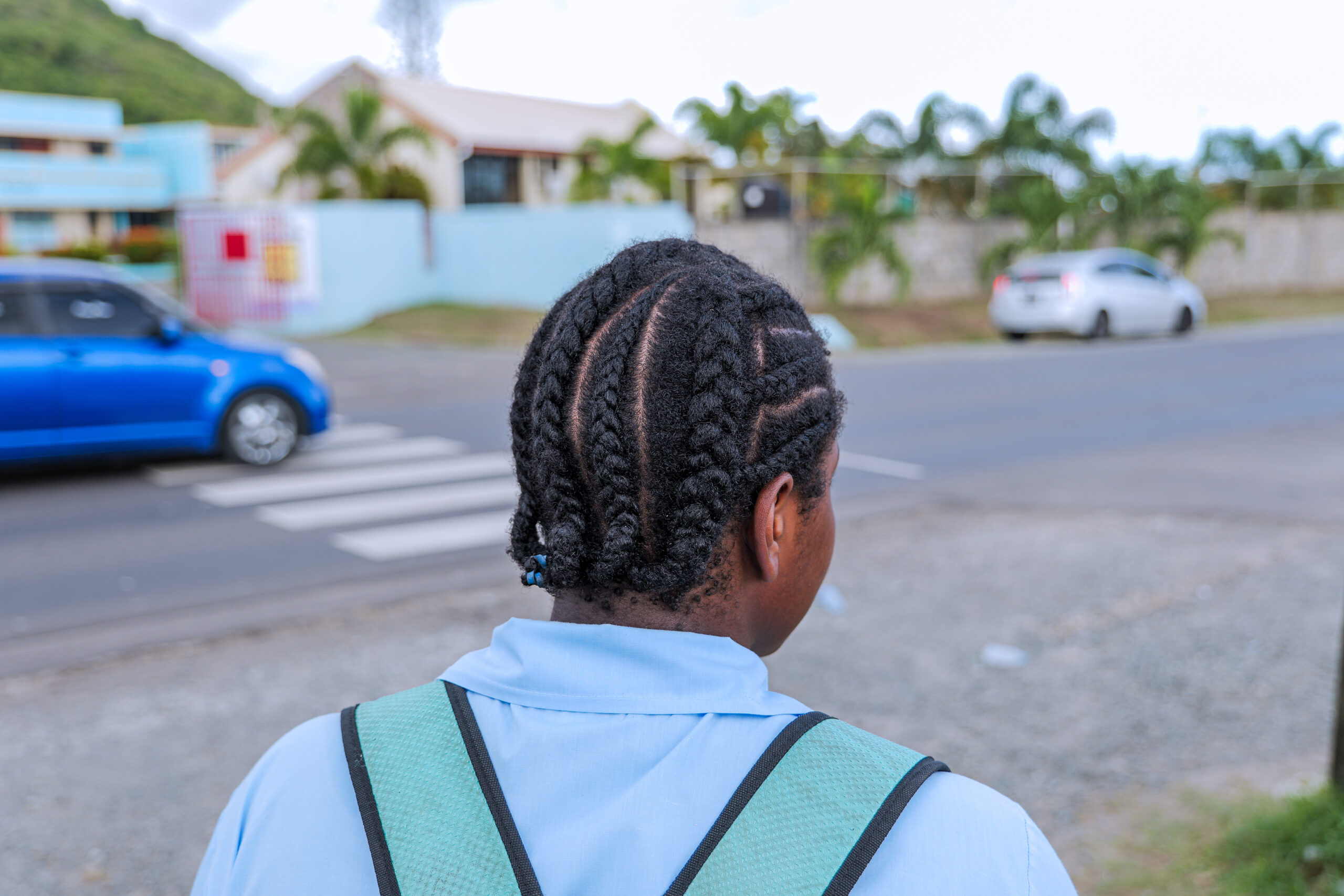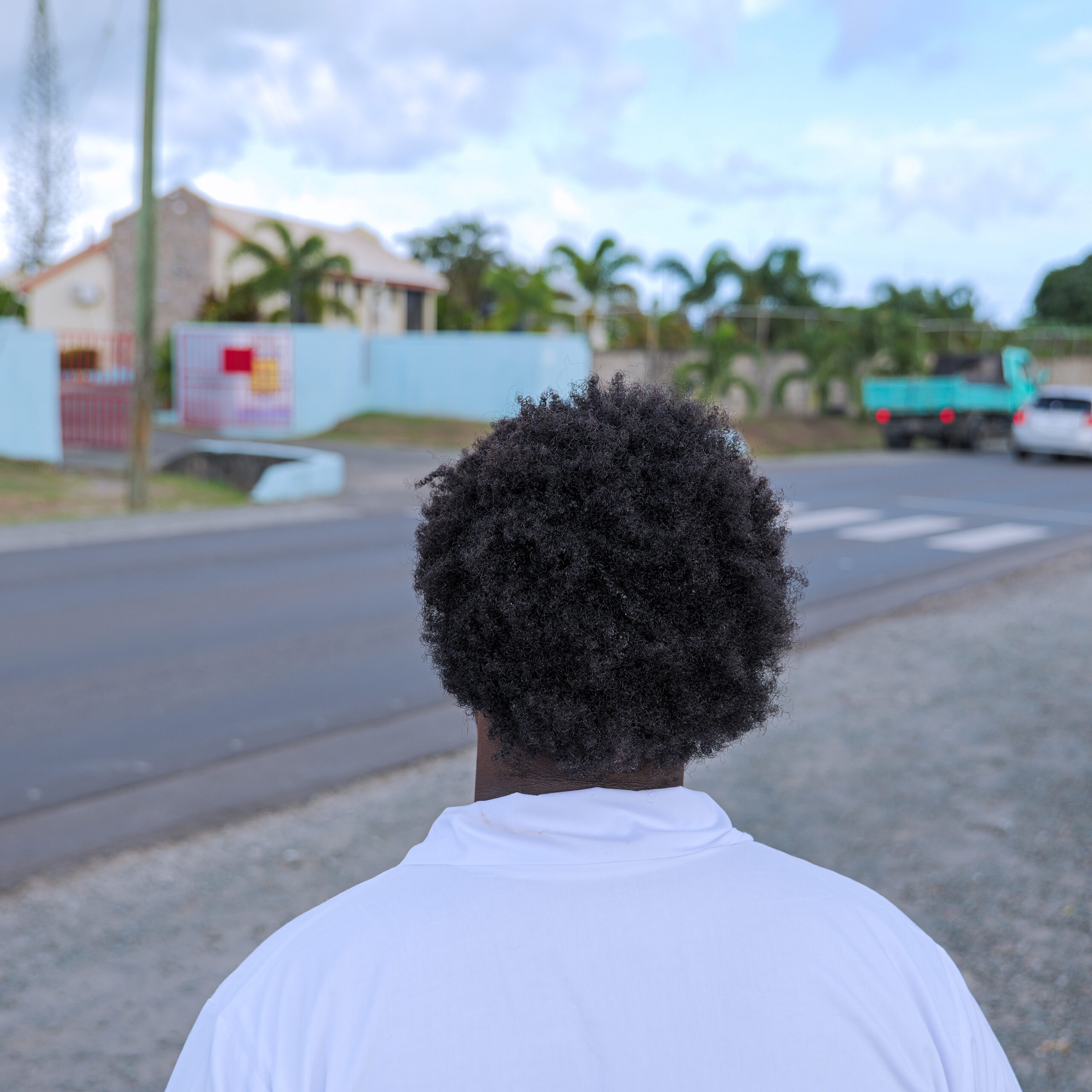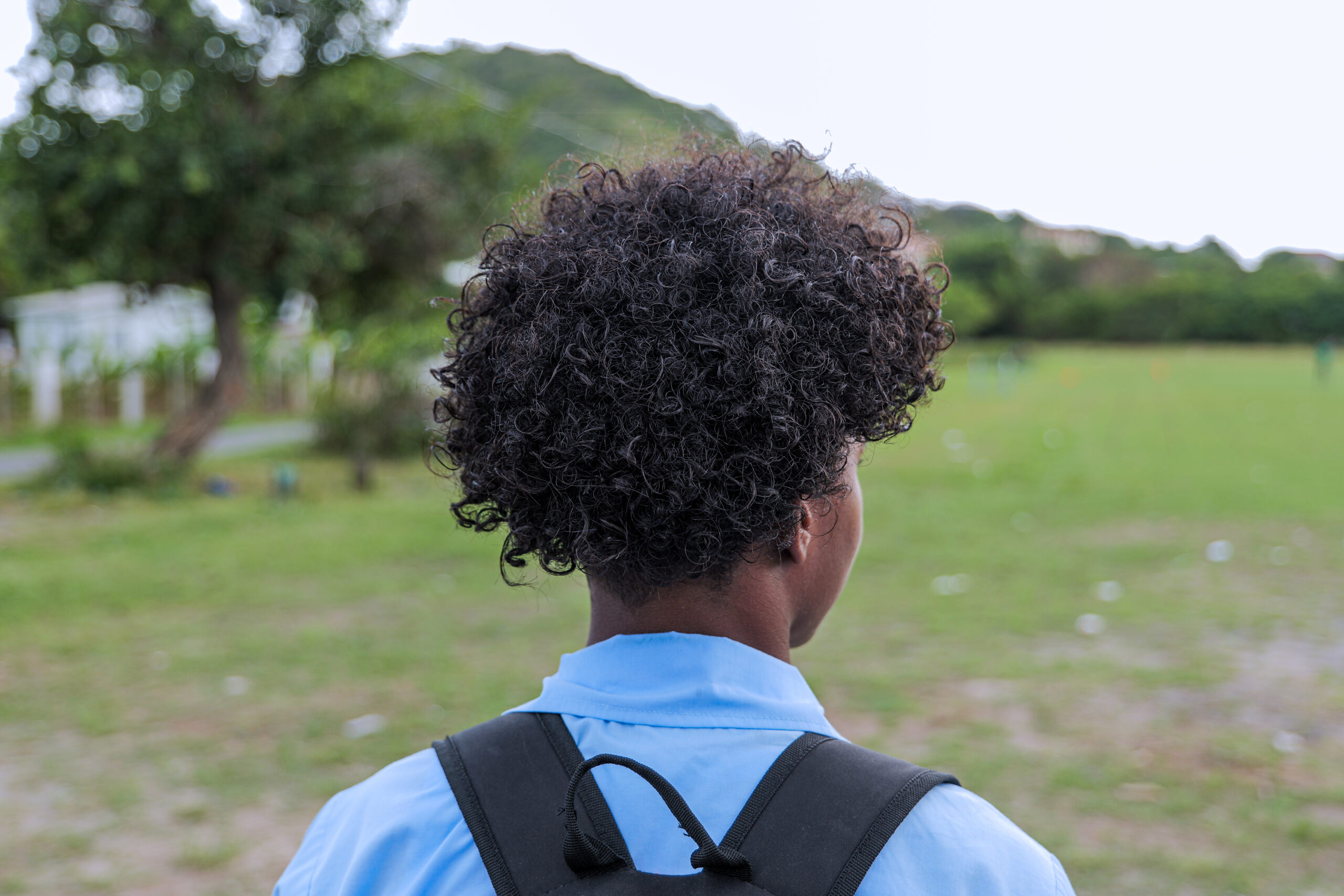The much-anticipated Student Deportment Policy, introduced by the Ministry of Education this academic year, is the result of years of consultation and debate between education officials, school administrators, students, parents, and other key stakeholders. The policy seeks to strike a balance between maintaining proper standards of school appearance and allowing students to express their identity without discrimination.
According to the document, “The Saint Lucia Student Deportment Policy sets clear standards of deportment for students within and between school communities. A framework is provided to ensure these expected standards are properly established and maintained throughout the school system.”

While the policy outlines expectations on uniforms, jewellery, and general appearance, it is the section on hair that has drawn the most public attention. The new guidelines now allow students, more so young men, to wear longer hair, as well as dreadlocks and interlocked styles, provided that students “keep their hair clean, neatly groomed, and styled in a manner that does not obstruct the view of others.”
The change marks a major shift from the long-standing belief that long or natural hair was somehow unfit for the classroom, seen by some as a distraction or a sign of poor discipline. For decades, students from Rastafarian and Afrocentric backgrounds faced restrictions and, in some cases, exclusion due to their hairstyles.
The Iyanola Council for the Advancement of Rastafari (ICAR), which participated in the policy consultations, described the move as “long-overdue” while recalling the years of marginalisation faced by Rastafarian children.

“Hats off to the Ministry of Education,” said Aaron Alexander, president of ICAR. “Some of the children went to school under much persecution, both by other children and even teachers and principals who made their life a living hell,” he said. “They were accused of all kinds of things — of having lice in their hair and so on. The kind of discrimination they faced for over 30 years ago, maybe even 40 years ago, was real.”
Alexander praised what he called a historic correction to years of bias rooted in colonial ideals of appearance. “Our whole system — not only when it comes to grooming and some of our standards — was based on colonialism,” he said. “They never wanted us to have our natural hair. That was like an insult to them.”
He noted that while the policy does not resolve every issue, it represents progress. “Generally, we are pleased as an organisation,” Alexander said. “We thank the ministry for engaging us in the process and coming to consensus on some of the issues. We believe that it’s a step in the right direction.”

That sentiment was echoed by Rahym Augustin-Joseph, Saint Lucia’s first Rhodes Scholar, St. Lucia Times contributor, and a student leader currently pursuing a master’s in public policy at the University of Oxford. While he welcomed the policy as “an appropriate response” to decades of exclusion, he also believes there is room to refine it further.
“My general thoughts are that I am pleased to see the inclusion of hairstyles which were previously omitted from the school deportment policy such as braids and interlocks.
“I don’t know that it goes far enough though, and I’m hoping that as we continue to discuss this it can go further — for example permitting more hairstyles such as afros which are reflective of the Afro-descendant culture and fashion that is germane to the people of Saint Lucia and the wider Caribbean.”

Augustin-Joseph said the policy helps “remove the ingrained colonial determinants of appropriateness and professionalism of black hair,” where acceptance was often tied to conformity.
While he applauded the overall direction of the policy, Augustin-Joseph said meaningful reform depends on how it is implemented and monitored in schools. He noted that clear, transparent systems must be established to prevent bias or inconsistency in its enforcement.
“My concern is to see what are the clearer considerations made by school officials on determining whether a hairstyle is acceptable or other forms of grooming. I would have loved to see a committee set up also with student representation to make a final determination on when one believes they should be allowed to wear their hair a particular way and they have been denied.”
Such a body, he explained, would ensure that the people most affected — students — have a say in how the rules are applied.

Beyond governance, Augustin-Joseph also raised concerns about how discipline will be handled under the new framework. He cautioned that without clear boundaries, schools could still use punitive measures in ways that reinforce inequality.
“I would have also wanted to see a clear position of the school rules which should not be employed for violations of this policy such as suspension and expulsion,” he said. “This broad view of the ‘school determines’ is problematic to me because we know of the wide powers of discipline the school holds which can be employed arbitrarily with very little recourse to the student.”
He also urged that policymakers examine the very language used in the document — noting that certain words, while seemingly harmless, carry historical baggage.
“I would love to see… some type of understanding of the words ‘neat’ and others that seem to be baked into the policy but always mean discriminatory things to black children,” he said.
As debate continues over whether the new policy goes far enough, questions remain about how Saint Lucia can balance tradition and inclusivity within its education system. Policies like this, some argue, exist in tension between preserving long-standing norms and embracing a more progressive vision of student expression.
For Augustin-Joseph, that balance begins with an honest reckoning of history.
“The correct balance can only be struck when we first acknowledge the role that colonialism played in many of the things that we do today that we accept as ‘normal,’” he said. “It has always been that way is what we say, because we’ve been conditioned to think it always has and always should — even when it is patently obvious that some of these decisions have discriminatory impacts on our people.”




